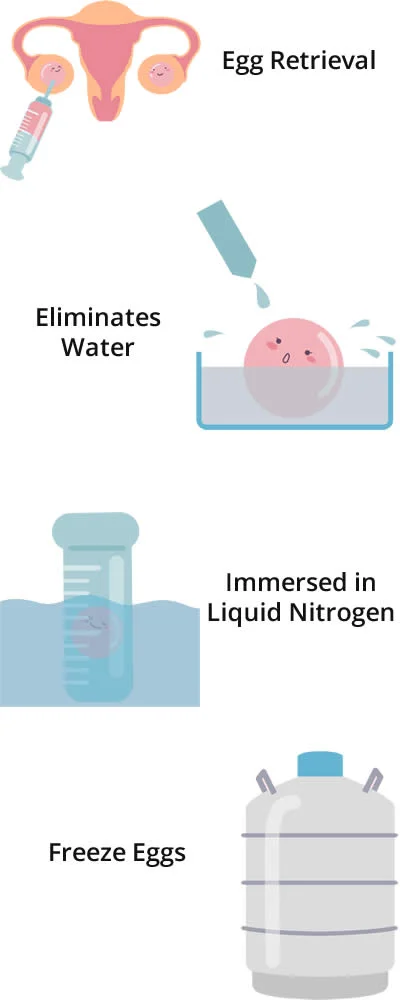Egg Donation
Egg donation is the opportunity that a fertile woman gives another woman so she can conceive a child and fulfill her dream of being a mother.
The first pregnancy from ivf with egg donation was in 1984, and the process is now very routine. IVF egg donor cycles now make up about 15% of all assisted reproduction cycles.
The process of Egg Donation
The process of IVF egg donation involves obtaining eggs (oocytes) from a healthy young donor, fertilizing them with a male partner’s, or a donor’s, sperm, and then transferring fertilized embryos into the uterus.
Should I use donor eggs?
When should I switch to donor eggs?
There are reasons why you need IVF egg donation:
- Women over the age of 40 may be candidates for an egg donor program due to reduced success rates with their own ovum.
- Those with repeat IVF failures.
- Those who do not respond to the stimulation medication used in IVF.
- Women with surgically removed ovaries or who have undergone chemotherapy and whose ovaries are not functioning.
- Carriers of genetic diseases that may pass on to offspring.
- Same-sex couples.
Can you get pregnant after menopause with donor eggs?
- Yes, Menopausal women or those who have poor ovarian reserve can use IVF egg donation.
How successful is IVF with donor eggs?
Modern technology allows fertility clinics to provide highly successful treatments for women wanting egg donation with pregnancy rates between 60 and 80% per cycle.

Egg Freezing
The science of reproductive medicine has made a large leap forward with the introduction of flash freezing of eggs and embryos, a process known as vitrification.
The Egg Freezing Process
During the vitrification process, water is removed from egg cells or embryos, and they are flash-frozen with liquid nitrogen.
Because of this rapid-freeze process, the cells do not have time to build up ice crystals as they did with the older slow freezing method.
These crystals had a negative effect on the survival rate and effectiveness of eggs and embryos in the past.
With vitrification, the survival rate of eggs is typically over 92% and over 98% for embryos.
Successful rate Egg Freezing
Science tells us that the fertilization rate and success rate of frozen donor eggs is now comparable to those of fresh donor eggs. This allows for an immediate and effective treatment option for egg donation with frozen eggs.

Contact Us, we will get in touch with you as soon as possible!
